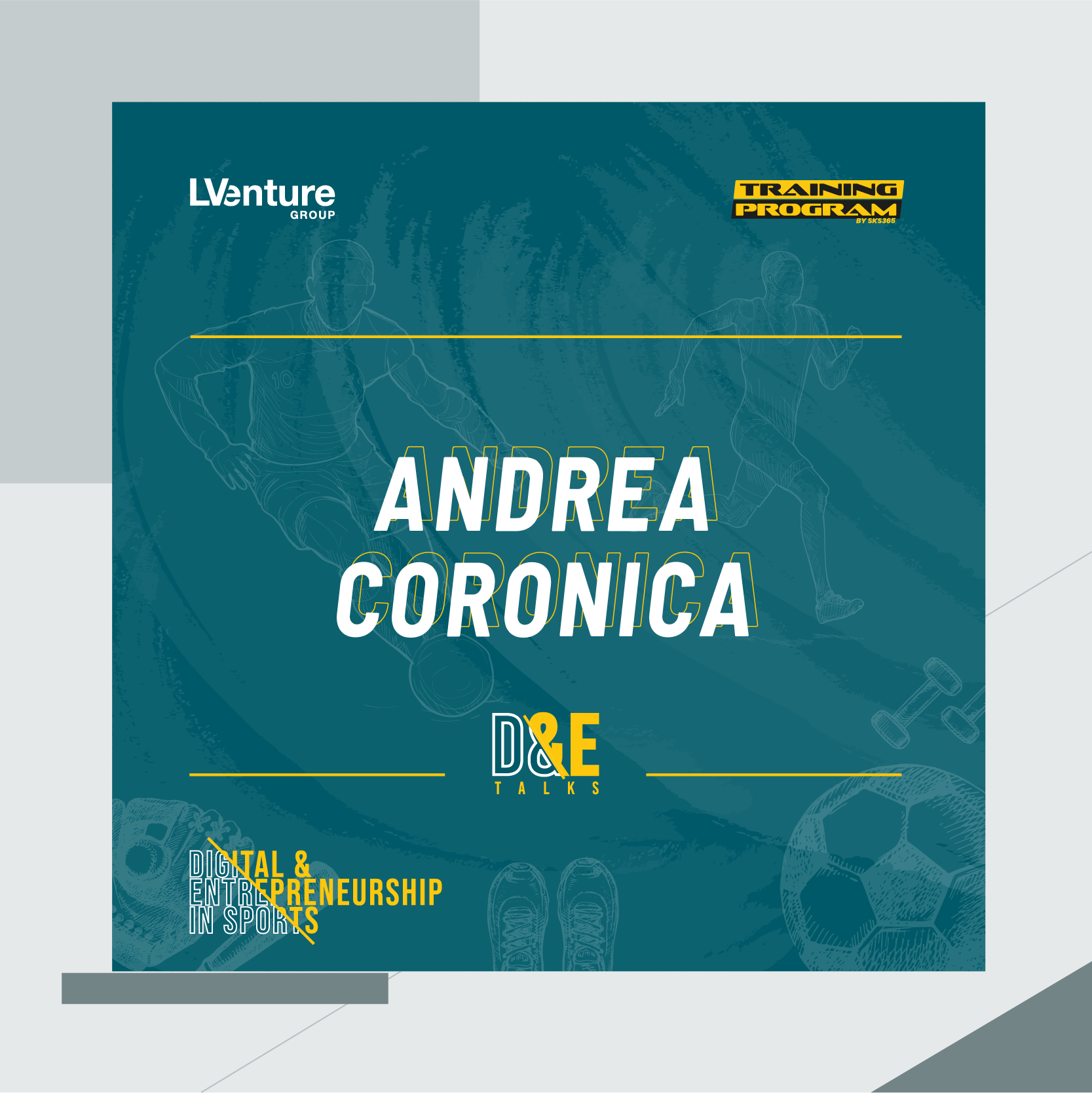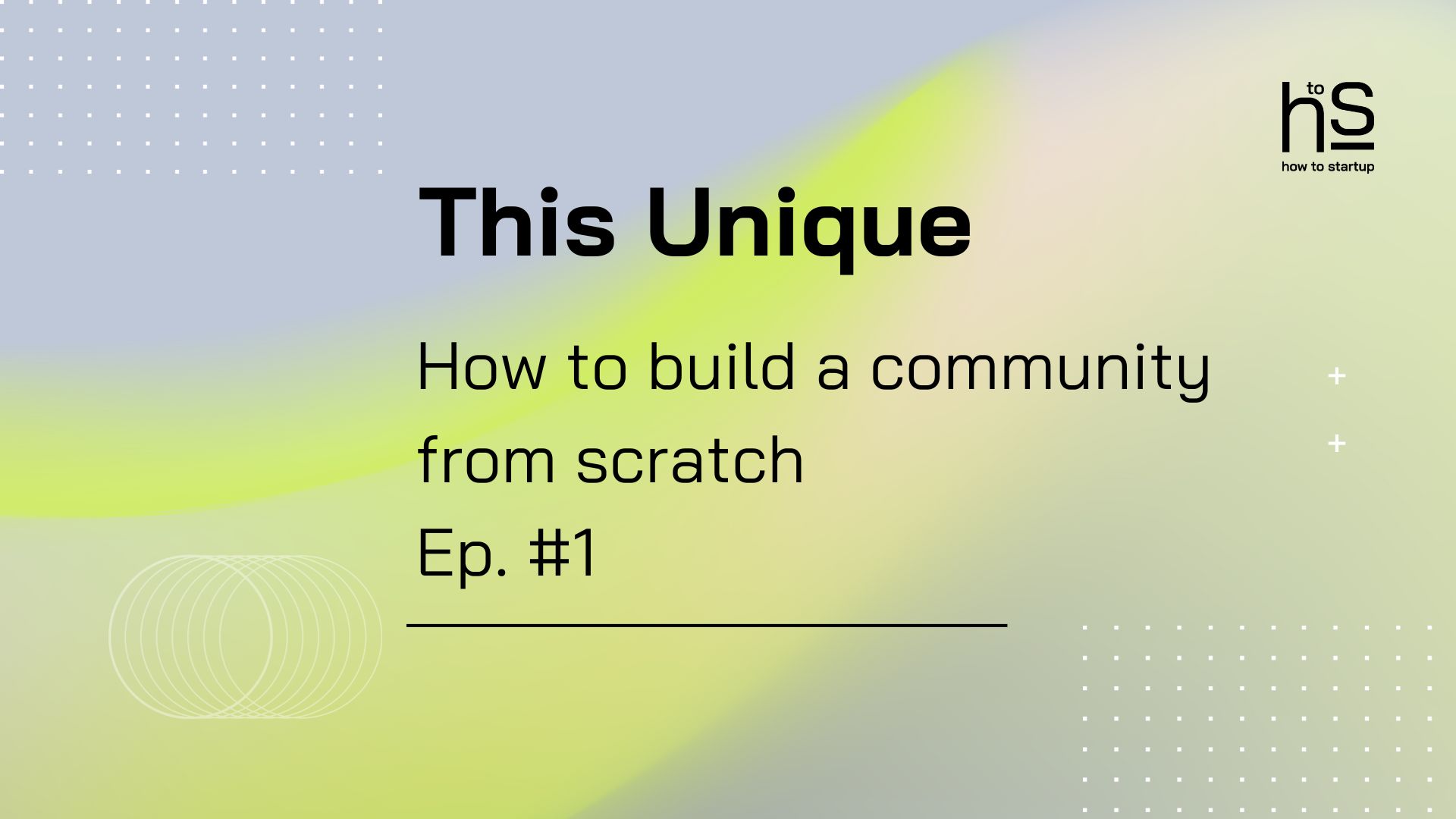The bond of belonging with a team, with its city, with its people, is something increasingly rare in modern professional sports, even in basketball. It is no coincidence that there have been recent controversies in the NBA over the construction of “super teams” that focus exclusively on immediate victory, on the search for personal triumph, as opposed to the creation of a culture through which to lead an entire community towards the goal. Even in Italian basketball, with different dynamics, the “hometown heroes”, the players that symbolize a city, are fewer and fewer.
Among these there is certainly Andrea Coronica, a whole career in Pallacanestro Trieste and today captain of a team in full race for the playoffs of the highest Italian championship. Andrea grew up in Trieste and has personally experienced the rise to Serie A. In between, two major injuries, but a bond too strong with the city, with its sporting tradition, with the values of the club and basketball to be able to stop. A path that still has several pages to write, but that still sees him projected into the future, because training and professional growth must travel in parallel with the sporting career: a reason that led him to participate in Digital & Entrepreneurship in Sports, the training program in Digital Economy by LVenture Group and Training Program by SKS365.
What values has basketball given you and what lessons do you take off the court?
Basketball gives a chance for cohesion among people, the ability to work as a team making the right intervention at the right time. In moments of difficulty you look each other in the eye to solve problems in the shortest time possible. If you lose on Sunday you have to play again on Wednesday in another part of Italy, or in Europe if you play in the cups. The lesson I take away with me is definitely the determination to set a goal and reach it together, and that’s what I’ll treasure after my career.
“The lesson I carry with me
is definitely the determination
in giving yourself a goal and achieving it together”
You grew up in a historical team of Italian basketball,
with a path that is perhaps quite rare today of playing for a single team, of which you are captain.
Can you tell us the most important stages of your career and your bond with Trieste?
I had a fairly linear path, starting in the youth of Pallacanestro Trieste and since I was a child my ambition was to train and play in the Pros court. The charm of the arena of Trieste is then recognized throughout Italy. We play, or rather we used to play – he corrects himself thinking about the current state of affairs related to the pandemic – in front of 6,000 people every Sunday and it’s something magical, which made it easy to choose to continue with a single jersey. I was lucky enough to make my debut at the age of 15 in the first team, because we were in Serie B and there was a chance to play right away, thanks also to my coach. We won the championship and, after several years in B1, where I suffered my first bad injury in my career, we arrived in A2. I had decided to quit but Eugenio Dalmasson (current coach of Pallacanestro Trieste) convinced me not to give up. After that experience we arrived where no one would have imagined: the first contract, the first convocations in the national youth team, the victory of the A2 championship until we reached the A Series and, unfortunately, also a second serious injury. I married Trieste because it was my childhood dream and I decided to stay, even if with reduced minutes. We have been in Serie A for 3 years now, the first year we made the playoffs, then the last season was conditioned by the pandemic, like the current one, which however sees us in full fight with the best teams.
“I married Trieste because it was my childhood dream.
and I decided to stay,
even if with reduced minutes”
You are in the middle of the playoff race, how do you rate your season to date?
This is a very difficult league to manage, with the Covid variable running rampant. In November 3 games were postponed, we then had several cases in our locker room losing 2 more games and then recovering 5 in two weeks. This situation definitely affects the planning of a high level league like the Italian one. After these difficulties, we have put together a series of useful results that have taken us to the final eight of the Italian Cup and now in the running for a playoff spot. It’s all in our hands and we have to believe in it.
In recent years, Italbasket has given us great victories, even at an international level, led by a generation of champions.
Then there have been some “setbacks”, despite players of absolute level.
What is the current state of the Italian movement?
The national team is always a difficult subject for everyone. I enjoyed the Olympic medals when I was very young and we expected great things from a national team that could field Italian “Nba” players. We always came close, then at the last something didn’t work out, details, which however stopped the race. That said, in the summer there is a very important pre-Olympic tournament for the movement and from there we have to draw the line for the future. I think the big problem is at the youth level. Programming, organization and communication are the three fundamental characteristics for every club. We have reached a point in which investments in facilities and in the youth sectors are decreasing and this leads to a lower level of preparation of the players who then arrive in the first team. We need to start again from the youth sectors, from important experiences, from building local young talents and training coaches and athletic trainers. And then the facilities. If we look at the arenas in which the Serie A plays now, some of them really need to be renovated, and I speak as a lucky athlete who trains in a beautiful facility. A virtuous circle must be nurtured, we must believe in it and investments are needed.
“We need to start over in the youth sectors,
from important experiences,
from building young talents locally
and form coaches and athletic trainers”
Is this a reflection that can be made on a general level for Italian sports, especially team sports?
Certainly, I think that soccer is a prime example. We are arriving very late in arriving at owned stadiums compared to the rest of Europe. Owning your own stadium allows you to have income and freedom of investment. We have to believe in the future, but with planning and foresight, supporting athletes and managers to get the movement moving again. It is difficult to do this in facilities dating back to the 1960’s, without heating, where it can happen that scheduled matches are missed, perhaps in A2, due to technical problems.
The Italian championship has been enriched lately by many “returning champions”, from Teodosic to Datome and Belinelli.
Do you think this is also a value for the growth of new talents?
The great champions who come back to play in Italy or who come for the first time, raise the prestige of our league and make it rise in level, so we have to thank them. It is a pleasure for us to play against them on Sundays, they are a stimulus for the younger players to improve, also because we are inspired by them. I am thinking of Pajola from Virtus Bologna who, playing with Teodosic, Markovic and Belinelli and thanks to his tenacity and desire to improve, is now a permanent member of the national team.
Speaking of innovation, basketball is constantly undergoing changes and innovations in the game.
From the search for the 3-point shot, to long players with physical and technical characteristics very different from the past.
What innovations do you think are impacting the game the most and what will still change in the future?
The dynamism of the game has changed considerably, the spaces are more and more open with less and less people in the area, the long players are more mobile and dynamic and more and more vertical. The other thing that was not normal once was for the long man to move away from the basket, we can cite Jack Galanda as one of the first to do so. These factors introduce a series of new variables to adapt to: if the pivot is on the three point line, he will be covered freeing the area. At the same time, however, it could happen to find oneself uncovered on the rebound. It is a short blanket, in the end a lot depends on the choices made by the coaches, to build a team that is as balanced as possible. I believe that innovation from the point of view of training, the continuous search for details make possible athletic conditions that were unthinkable before. I think that, from this point of view, the road has been mapped out. In addition, I think that now more and more demands are being made on long range players to be able to shoot from the outside. Be careful, however, that this trend does not lead to molding talents in an unprofitable direction, perhaps not paying attention to certain fundamentals at the youth level. It has happened to me that I have personally witnessed great talents fail to succeed precisely because they were unable to express themselves on those 2 or 3 fundamentals that we, as youngsters, learned with a great deal of attention and dedication. These are details that always lead back to a fundamental point: investments in the youth sector.
What is your “generational player” and who, among the new talents do you think can aspire to this role for the new generations?
I grew up with the legend of Kobe Byant and many others but I have always appreciated, going back to my land, San Antonio as a team, as a group, as a cohesion of intentions, as a philosophy of play. Tim Duncan was at the center of this system and I saw in him, not so much the technical movements to emulate, but a beacon of silent leadership, a great example to copy. If I have to look at today, Luka Doncic, treated at the beginning as an underdog because he was a European player, exploded immediately, putting up extraordinary numbers that few would have expected from him, especially those who did not know European basketball in depth. As a Slovenian player, also because of his proximity to Trieste, he is the go-to-guy I would choose for the future. If I had to name two players to cover, I would name Zion Williamson and Ja Morant, two players from the highilights as we have seen very few. But I would say that in my opinion the NBA, as a packaged product more and more oriented to the show, is getting a little worse from the point of view of the game. Many USA overseas players who come to play in Europe appreciate the complexity, the completeness, the great tactics of the European game, for example the difficulties of a competition like the Euroleague where even at the Italian level we are finally reasserting ourselves, thanks to the results of Milan, which I think can be good for the whole movement.
“So many US overseas players
who come to play in Europe
appreciate the complexity,
the completeness,
the great tactics of the European game”
At the European level, what are the realities to look at, to draw inspiration from?
If we have to give examples, in Spain there is a big difference between the first league of the professional championship and the lower leagues, just think that there is a tax of 1 million euros to pay to join the top league: many teams in our A2 could not even join. Therefore, for many years, the same teams will always remain without turnover, while maintaining a very high level. I believe that the Italian championship has grown and can grow further, but this must pass through the Italian players who must become more and more central to the movement. Talking about structures, it is impossible not to mention Germany. From that point of view they are very advanced, I am thinking of Bayern led by Trinchieri and many others: there the level is destined to rise in the coming years. Other experiences that I would mention are certainly Greece and Turkey.
You’re still a top-level professional athlete with a demanding daily sports routine.
Why did you choose to participate in Digital & Entrepreneurship in Sports?
I think it’s a little sloppy for a sportsman to limit himself, during his career, to the field only. The more you are able to take advantage of opportunities for growth off the field, the more you can reap the benefits later. I have a degree in exercise science, and I am now completing my master’s degree, and I believe that training is a track that must run parallel to professional activity. We are fortunate to have a job that we like, but we also have a lot of free time because our bodies need to rest, to be invested in training and learning new things for the post-career. Luck had it that the Program was on a Monday – he jokes – so I was free to attend it.
“I think it’s a little sloppy for a sportsman to limit himself, during his career, to just the field.
The more you can take advantage of opportunities to grow off the field,
the more you can reap the rewards later”
What areas of the Program have most impressed you and what are your expectations?
I think the Program is very interesting. The first lesson on personal branding was very useful to me because I had decided to recruit people for my thesis project on social media, taking advantage a bit of the following I have and the visibility in town. From this then a Rai author contacted me to appear in a show and I definitely expanded my catchment area. Having now more “human material” to study, my research will surely be more complete.
Sports and digital business are increasingly linked, do you plan to leverage the Program’s expertise in this regard as well?
We are all a bit fascinated by the world of entrepreneurship, especially us players, who see entrepreneurs betting on us, because the truth is that they invest in our sporting and human qualities. It’s a sector that I’m interested in learning more about, so that I can then face the real working world with as much knowledge as possible.
Do you already have any projects in the pipeline for the future or do you already see yourself in a different context than professionalism?
I have already mapped out what will be my path in the future, starting to study exercise science and I believe that in the world of athletic training and sports I have an advantage because I have not only academic experience, but also practical experience, already tested. I consider myself an extremely dynamic person, so I don’t exclude myself from different paths, from the health sector to the rehabilitation one, but also the startup scene interests me a lot, so if you want to offer me a contract – he jokes – I’m here.

















